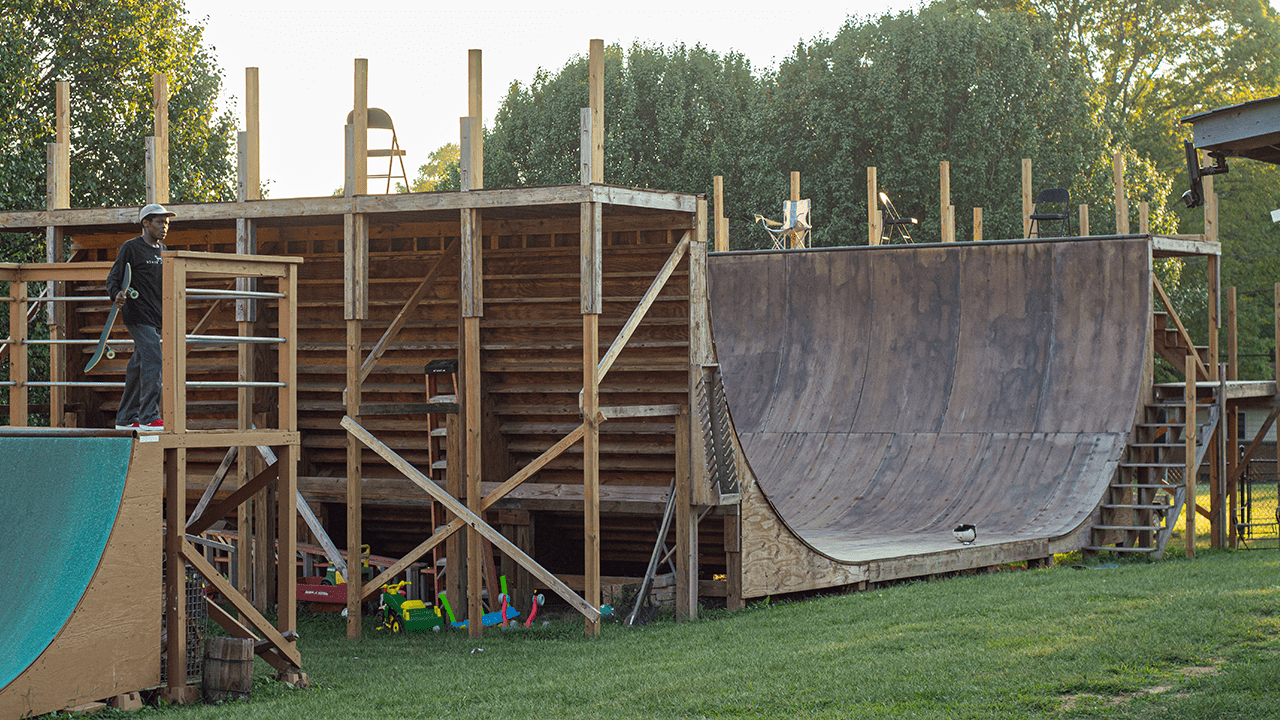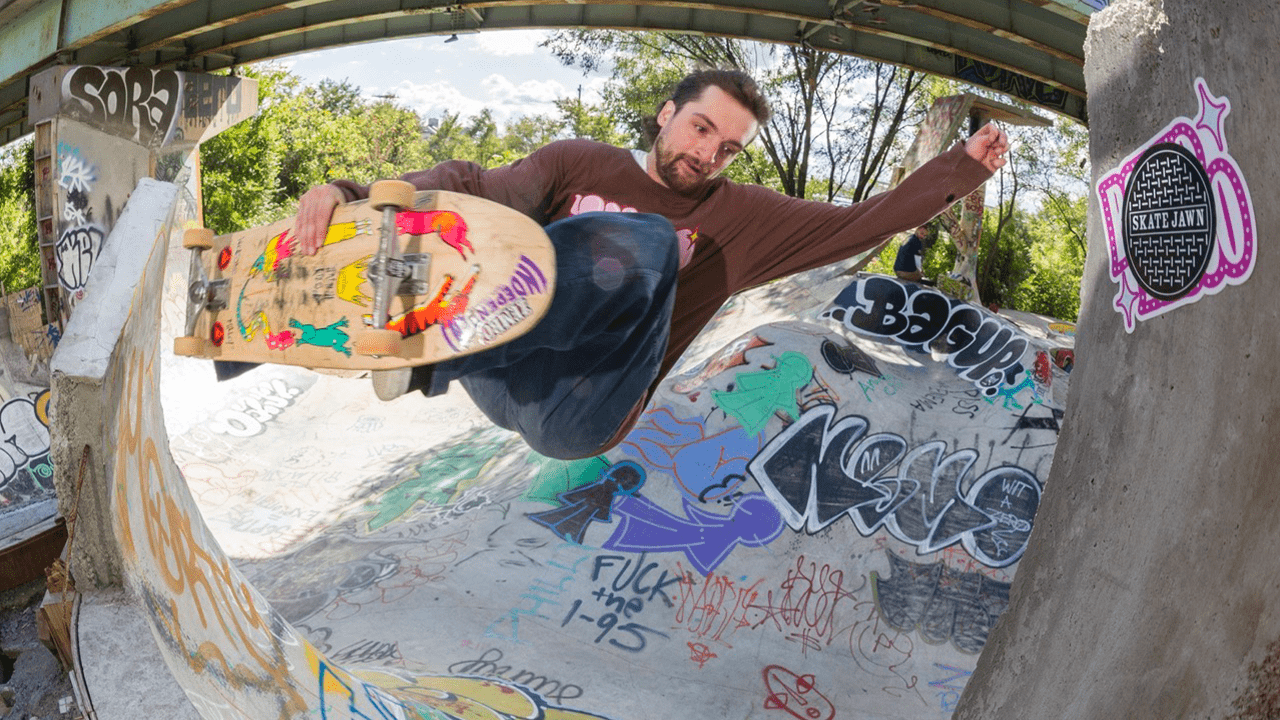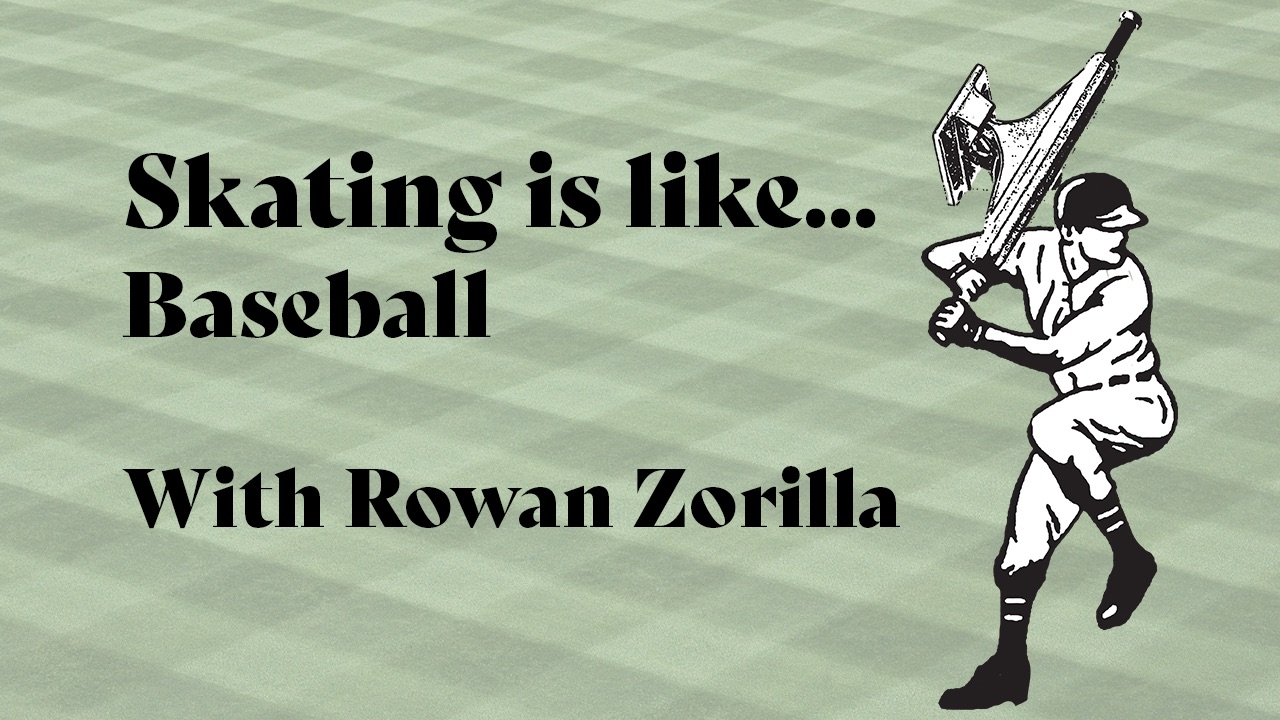Interview by Marcus Waldron
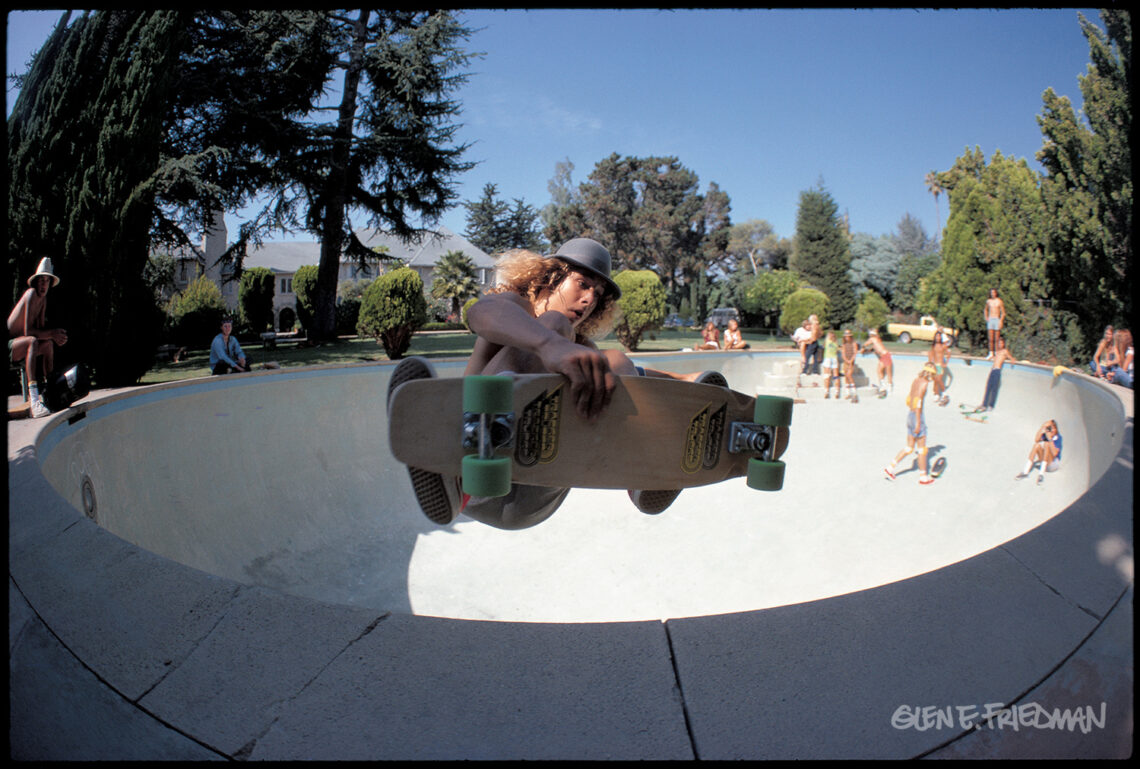
I got some questions here I want to get into.
Yeah man. As long as you don’t fuck it up, we’ll keep going.
I’ll try haha. What are you doing today?
I was getting my kid out for school at 6:30 in the morning and I’ve been talking to people in Europe since then. Trying to organize some information for shows I’m hoping to do in the next couple of months out there.
You’re planning some exhibitions in Europe and one in New York too, right?
I think we’ll get through the ones in Europe first because that way we don’t have to ship the photos back and forth. They’re all framed and ready to go. The whole show is set up already. The last one was in Barcelona. New York would be great too. It’s just difficult in the United States, people don’t care about art as much. They don’t have an appreciation or respect for it as much as they do overseas. And I’m not the type of person who likes to work with many sponsors. There are very few particular companies that I would even let associate with the work at all.
And you’re also working on a documentary right now?
That’s true. Yeah, I’ve been working on a documentary for some years now. I’m not a filmmaker. I just happen to be making a film. Covid really has put a big stall on it though. I’m going to hopefully finish filming in the next six months. That’s my goal, it’s all been done out of pocket. Me and my producer have been doing it on our own, total DIY. Never more than three people in the crew when we’re out filming, including myself.
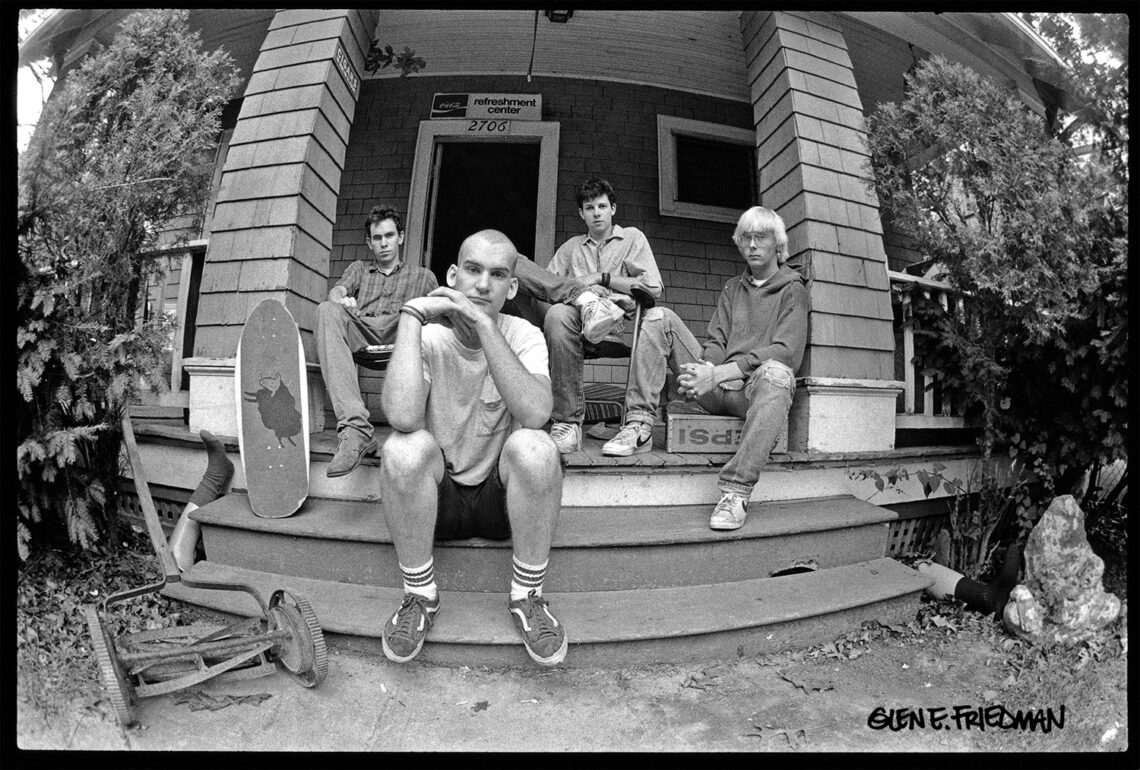
Can you share what this documentary is about?
The tentative title is The Fuck You Heroes. It’s basically an examination of these subcultures that I shot over the years, based around the people who were in my first book, Fuck You Heroes. Why are these subcultures of punk rock, skateboarding, and hip hop still considered rebellious when a young person starts doing them? It’s kind of crazy to think that 30 or 40 years later when a kid tells their parents they’re involved in one of these things, they seem like they’re a rebel. And usually, that leads to some rebellious attitudes about stuff. I want to show where this all came from, and what these people who still inspire us were doing at the time. How did they get to be these icons of subculture? There have been some really shitty punk rock movies. Skate videos there’s no shortage of, but I want to examine it in a different way. Hip hop as well, there are some good documentaries, but I have a particular eye and my shit’s gonna look good. I want to show people that all skaters, punks, and hip hop people are not fucking idiots like we’re portrayed in most of the movies that are made. I think the way they’re edited makes our cultures look stupid, and I don’t respect that. I don’t appreciate that. In fact, I think those people are assholes who made all those films and make our cultures look bad. My goal is to realign everyone’s understanding of these cultures and show that actually a lot of these people are pretty fucking smart and are not fucking bums and idiots, are not violent, and really want to do good things.
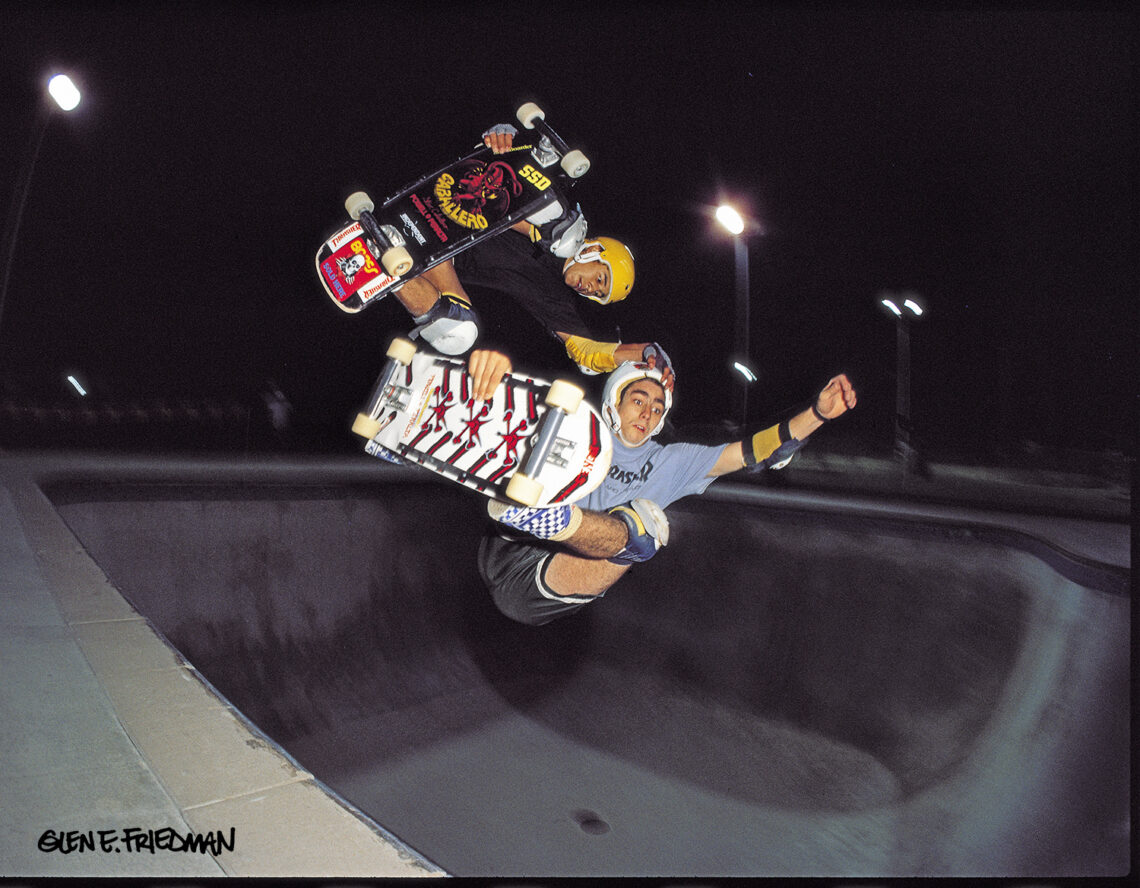
When you started working at Skateboarder magazine, you were still in junior high, right?
You can’t say I was working at the magazine. I was making photographs and contributing them to the magazine, and I was considered the youngest staff member. It wasn’t like I went into work every day at an office. I was going to school every day and shooting photos after school, skateboarding, and listening to music.
You got a check after you sent in that first photo, right?
Yeah. That was fucking heavy duty. I was 14 years old, and back then, taking a picture was a lot more difficult than it is now, I’ll tell you that much. And it was with a borrowed camera, in fact. I think I got $30 or $40. It was fucking mind blowing. I got a full subscription ad in Skateboarder magazine, which was the fucking Bible back then. Very few photographers go into the office. I would get assignments or they would have me at a contest shooting, and my name was on the masthead. They were giving me film. After my first published photo, they were using at least one photo of mine every month, almost for the entire existence of the magazine. I’d say there were maybe two issues over the years that I didn’t have a photo in.
Did they supply most of your film from that point?
Well, yeah, they’d send me film whenever I needed it. Before that, I obviously bought my own film and processed it. And they didn’t pay for your processing at the time, they just gave me the film. So you had to be really careful, especially as a kid. I never shot a lot because you just couldn’t, it was expensive. Even though they were giving you free film you can’t shoot everything. If I was just shooting all day long, I would look like a kook. You gotta shoot to make it matter. You take a shot when it’s important but it’s correct. You don’t waste the film, you don’t waste the time. I never wanted to look like one of those fucking camera idiots. I never even called myself a photographer. You had to prove yourself just like they were proving themselves.
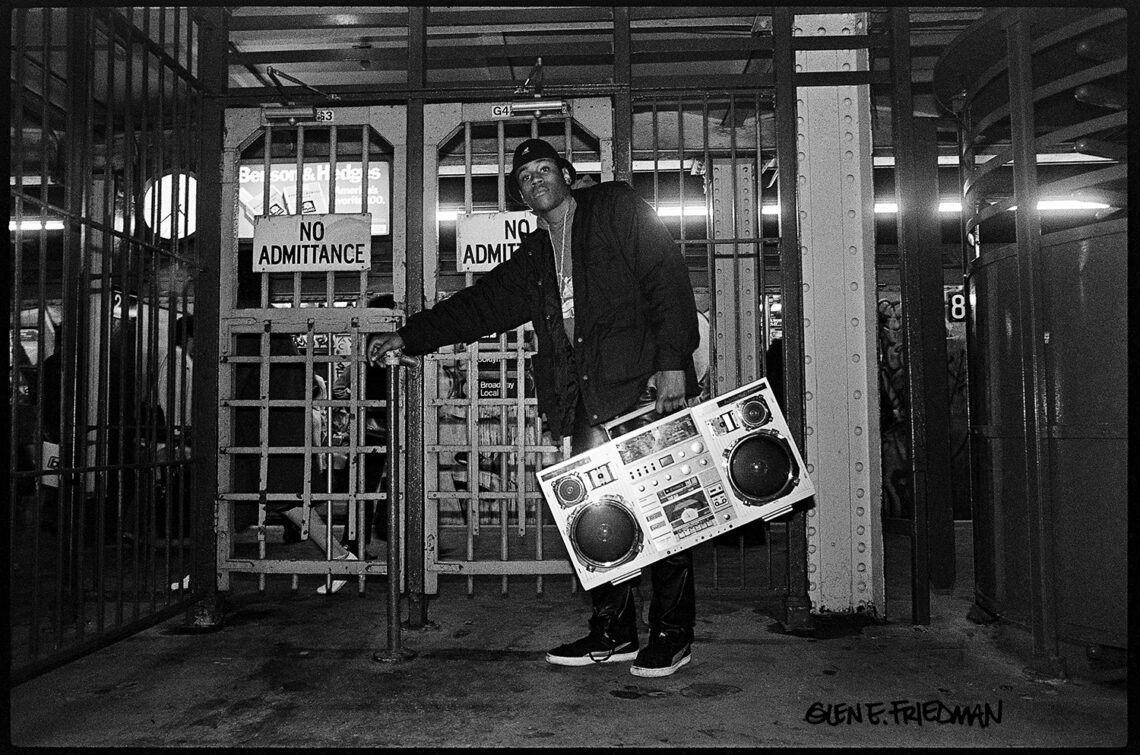
You started sending photos to Skateboarder and then how long before you started sending to other magazines or when did that happen?
I was sending pictures to Skateboarder all through high school, and even when I started college, it was all about Skateboarder. I didn’t want to contribute to any other skate magazines. There were only a few other mags and they were garbage and everyone knew it at the time. What happened was the skateboarding industry completely nosedived by 1980. Skateboarding started going away because skateparks became what skateboarding was, and then all of a sudden they started shutting down because of insurance and weird laws. So the skateboarding industry took an absolute nosedive and Skateboarder couldn’t even be supported by the industry anymore. There was no one to pay for the advertising. So they tried to keep themselves alive by putting other things in the magazine like BMX, cruiser bikes, skiing, and snowboarding. They did it for a couple years and then they switched the name to Action Now. They put in articles on these other activities, but the manufacturers just did not like sharing those pages with other sports. Independent trucks were the biggest rebel. They said, fuck this, we don’t wanna share a magazine with other activities, and they went off and started their own magazine. They started Thrasher. Stecyk and myself were friends with the people who ran Thrasher, even though at first they were always just jealous they could never be Skateboarder. But I started helping out Thrasher and I worked with them for several years. By that time I was in college and I started shooting music a lot more. Music was inspiring me, and with skateboarding it was much more difficult to be in backyard pools. I started shooting music, and since I cut my teeth on skateboarding photography, I think I was shooting stuff better than other people who were shooting music. I was able to capture the peak of the action, the intensity, and the character better than other people shooting music. And I had an aesthetic I had learned from skateboarding and from Skateboarder, how to make beautiful photographs. I was just more of an artist, even at a young age. My mom was a designer and I just grew up around that type of shit. So it was always important to me, not just to capture the moment. I fucking hate that word. That’s why I say I make photos. I don’t take photos, other people do. I make them. And it’s not to be pretentious, it’s just the work that goes into it.
Let’s talk about the My Rules photos zine. You did 10,000 copies of that. How did you make so many and how did you distribute them?
I was actually in the darkroom one night from 7:00 PM to 7:00 AM printing out photos for a book that was gonna come out on punk rock in Southern California that was being made by a publisher up in San Francisco. I was in the darkroom making all these photos of all these different bands and I’m realizing these fucking kooks up north are not gonna print all the stuff that I’ve just made. There’s no way. I’ve been dealing with editors for a couple of years at this point, and I realized this is not going to go the way I want it to. So I decided I’m gonna make my own zine. I went to Kevin Thatcher, who was the editor at Thrasher at the time, and I said, “Hey, could you guys help me make my own zine? I wanna make a zine the same quality as Thrasher basically.” And they said they would help me because I had helped them for years, so I used their printer. I based my numbers on what Thrasher was printing, and what other fanzines were printing. I knew that mine was only gonna be a one-time thing. It’s kind of like a fanzine/book. I’m not gonna come out monthly, I’m not gonna come out bimonthly. I didn’t wanna make it again. I just wanted it to be a one and only issue. And that’s what I wrote on the cover. At the time, Flip Side, which was the biggest fanzine in the country, was doing about 3,000 copies a month. And Maximum Rock and Roll was about 3,500, 4,000 maybe. And then Thrasher was doing 20,000, which is what they told me at the time. So I’m like, I’ll do half of what Thrasher does and a little more than double or triple what the other fanzines do, because I have confidence in what I’m doing. And so I made the zine with Kevin Thatcher, I laid it out with him, he helped me. He did all the cutting and pasting. This was before computers. Then I went up and picked up all my zines. When I was up at the bindery, they said, “How many are in the shipment that’s coming in?” And I said, “We got half of what Thrasher does.” He says, “This looks like a lot more than that.” I said, “Well it’s 10,000 copies.” He says, “What are you talking about? Thrasher only does 6,000.” So it turns out they were just lying to me telling me how many they printed.
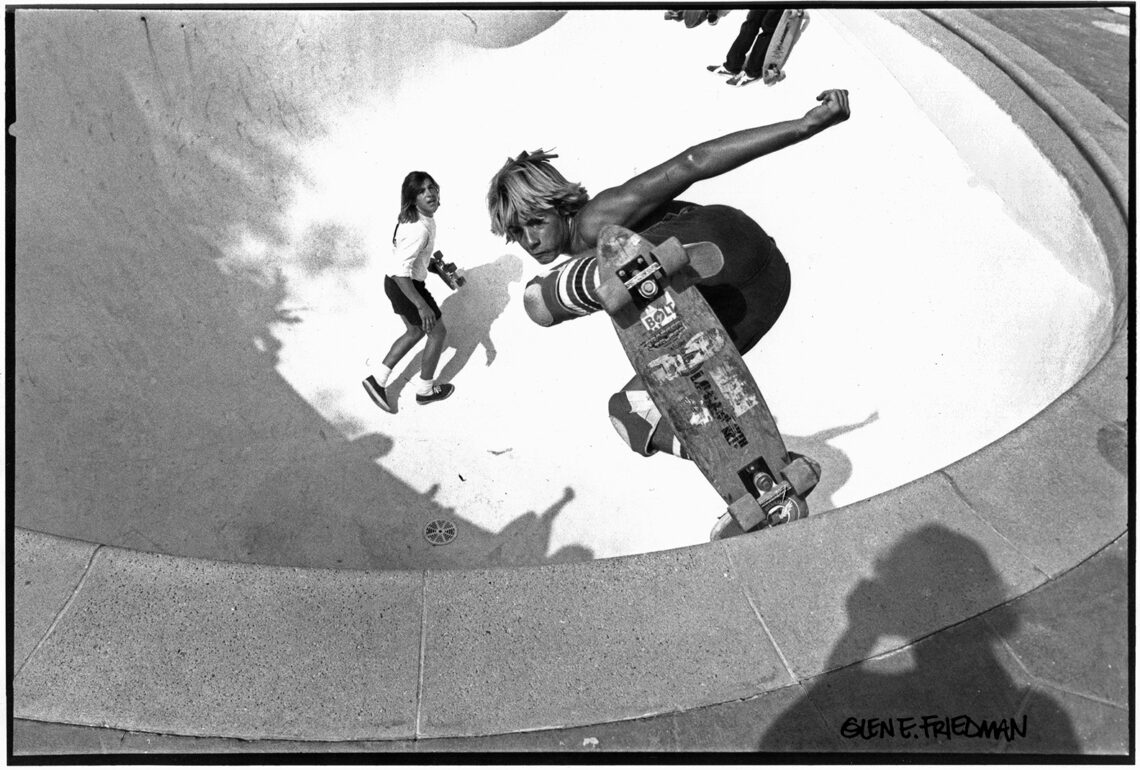
So you accidentally printed more than them?Yeah, I was like, “Oh shit, What the fuck am I getting myself into?” But it was too late at that point. We brought them all back down to my mom’s house where I was living. We packed 10,000 copies of My Rules into the room I was living in. It was floor to ceiling, half the room, and I started making advertisements. I went and brought them to record stores, and I put ads in Flip Side and Maximum Rock and roll, and I started getting mail orders. People would send me two bucks from all around the world. I’d get $2 or their equivalent. I had a PO box where I would go every day, and I could get my lunch money there. I’d get like $5 or $6 sometimes $15 in a day. And then I was also selling directly to music stores in Southern California. I would drop them off a box of 200 in my car and they’d call me back two weeks later and say, we need another box. And I would ship ‘em to distributors in New York and some distributors in Europe. I just did it all myself. That’s how it was done. And I sold 8,000 in the first 12 months. It was amazing.
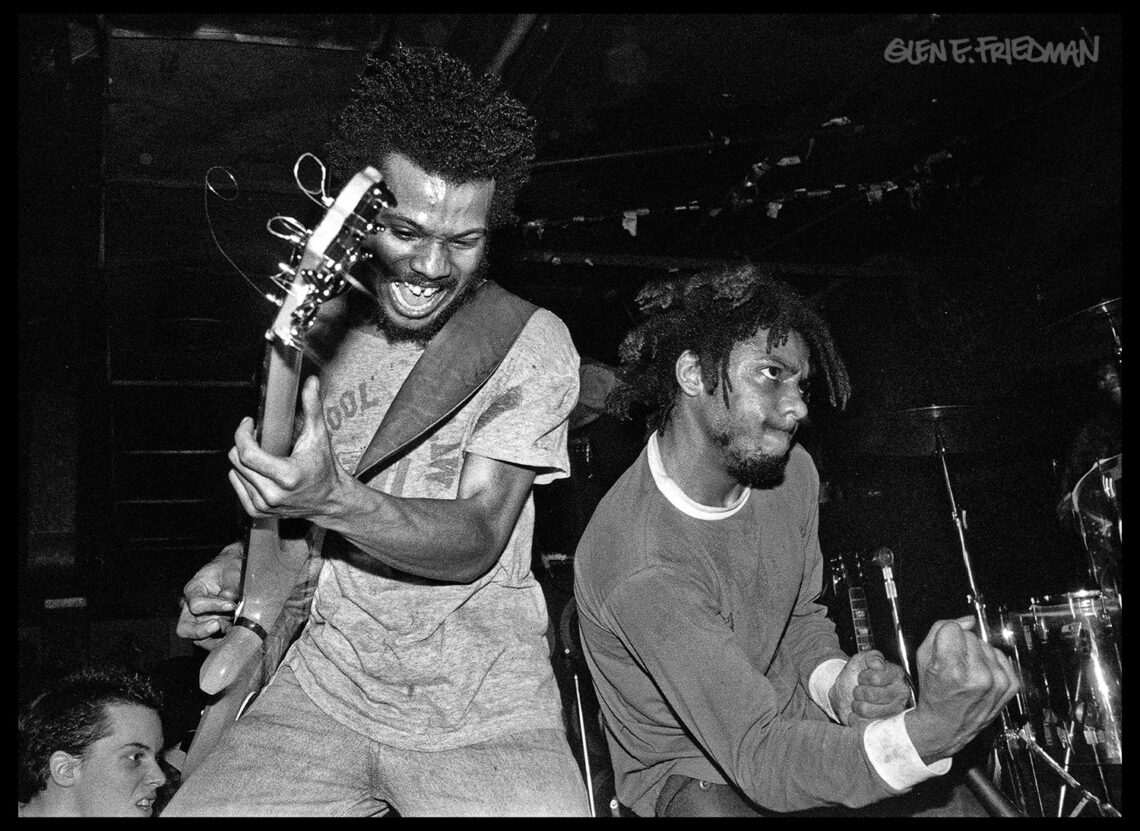
And since then, you’ve made a number of really amazing books with different publishers right?That was more than a dozen years later. I started thinking I need to do something next level, something special. I had this idea for the book, Fuck You Heroes, to make a real book out of this stuff before people forgot about these cultures. Because they were so inspirational and so important to me. By ‘91 no one was talking about Black Flag, or certainly not Tony Alva or Jay Adams. People weren’t remembering them, you know? And I thought, these are really important cultures and I know people care about them and I need to show people what was going on at the time. Black Flag and Minor Threat were all disbanded already, even the early hip hop stuff, Run DMC weren’t where they were. So I published that book myself, I published all my books myself actually until 2014. I was publishing all my own books for 20 years. In the beginning, we were able to make some profit. It was great. Fuck You Heroes was a huge success, relatively speaking. And then I started putting out other books, but costs were getting so expensive. Not only the printing but shipping costs, and the book distributors, and the way they would deal with us as an independent was very difficult. So I went to Shepherd Fairey, and he recommended his publisher, which was Rizzoli at the time. And I went to the world famous Rizzoli and they were really keen to help me out and to do something that I couldn’t do on my own. I said I’m a publisher, I know what the fuck this game is. If you guys could do something for me that I can’t do for myself, then I’ll make a book with you, otherwise, I’m just gonna find a way to do it myself again. They put out the My Rules book with embossed silver and black foil on the cover, and they kept it at a price that I couldn’t make the book. I couldn’t buy it from my printer at the same price that they were gonna sell it for. It was very important to me that the price point was as low as possible.
What do you think about the photos you see coming out right now from skating and music?
Well, I certainly think that there are a lot of photos now. And what happens when you get a lot of anything usually is there’s a lot of crap and you have to kind of sift through to find the good stuff. And that’s kind of how it’s always been. Nowadays there’s so much more because of digital photography and digital platforms. I think that most of the photography I see lacks the artistic feel that I like and the character that I need in good photos. Particularly the skate photos, because of the nature of skateboarding nowadays, most of them are taken with longer lenses as opposed to the wide angle lenses. And you don’t need a fisheye for skateboarding, in fact, people still overuse it. I use the fish eye when it’s necessary because I like to get close to the action, but also show the environment. You don’t want a fucking tight shot of someone in a dope place, you wanna see the place, you want to know what that trick is and where it’s happening. And in music photos, there’s some amazing stuff out there. The lighting is like you’ve never seen it before because digital technology is so sensitive. Some of it lacks character and artistry, but there’s some incredible stuff out there too. There are some people out there doing really, really great stuff, I have to say. I think that some of these people, because of technology, have much more access than I ever did to making photographs. The fact that I got so many good photos of some of these bands when I look back on it, I can’t even believe it. Some of these clubs were so dark, there were like two lights lighting up the whole stage and you had to focus in that! There was no automatic focus. I can’t believe we got so many good photos from back then, or that I did. I don’t like anyone else’s photos to be honest. Everyone has a good shot now and then, but most of the other photos taken during those periods are whack. But, you know, skateboarding photographers have always been at the top of the heap, because they’ve always dealt with architecture and need good timing, and the environment has always been a big part of skateboarding. So I feel a lot of skateboard photographers, some of them go on to shoot other stuff and it just makes sense because it’s such a good place to cut your teeth as a photographer.
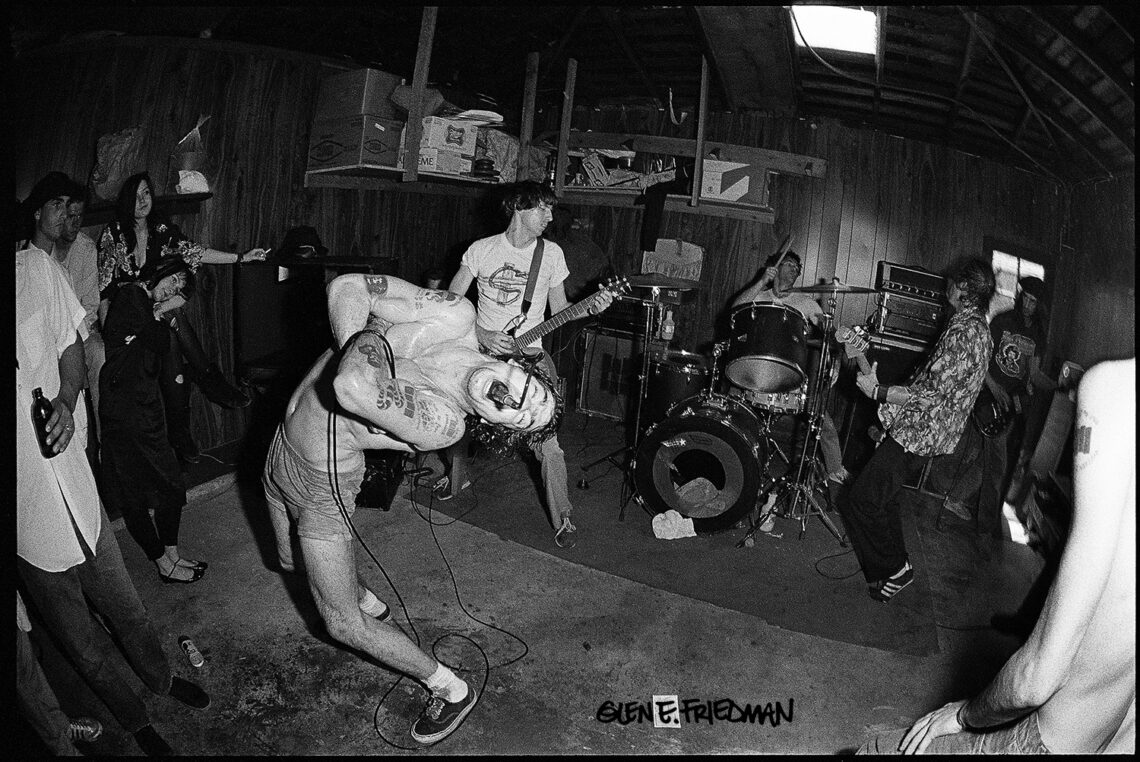
Are there any skaters or musicians you’d like to shoot but never have?
Yeah, certainly over the years there have been people that I wanted to shoot that I didn’t get to shoot, even from the 70’s to the present. One person I really wanna shoot that I haven’t been able to, and I’ve wanted to shoot her for over four years is Alexandria Ocasio Cortez. I really want to do a portrait with her. Even though she’s world famous now, she’s someone who’s very inspiring to me and I’ve been trying to get someone to help me set up a session with her, but I’m not having any luck bro. No one has hooked it up. She’s so busy all the time and has so much going on.
I wanna see that photo happen.
But the truth is, everyone should work with people of their own generation. Young bands need to be shot by young people. People are living because of them. I met that kid, hate5six Sunny who’s a video guy and he fucking loves the music he shoots, you know. That’s what needs to happen. You need to be shooting your own generation. I don’t need to go back and do this. They need their own age of eyes and ideals to shoot those people. People who are shooting skaters, they should be the same age, they should be the same generation. There’s a woman who’s photographing, she goes by the name of Daggers_for_eyes on Instagram and she is obviously living the music like I was when I was shooting it. She has her own unique view and you can see it in the photos, and her stuff is fucking good. She’s got a lot of heart so I respect her.
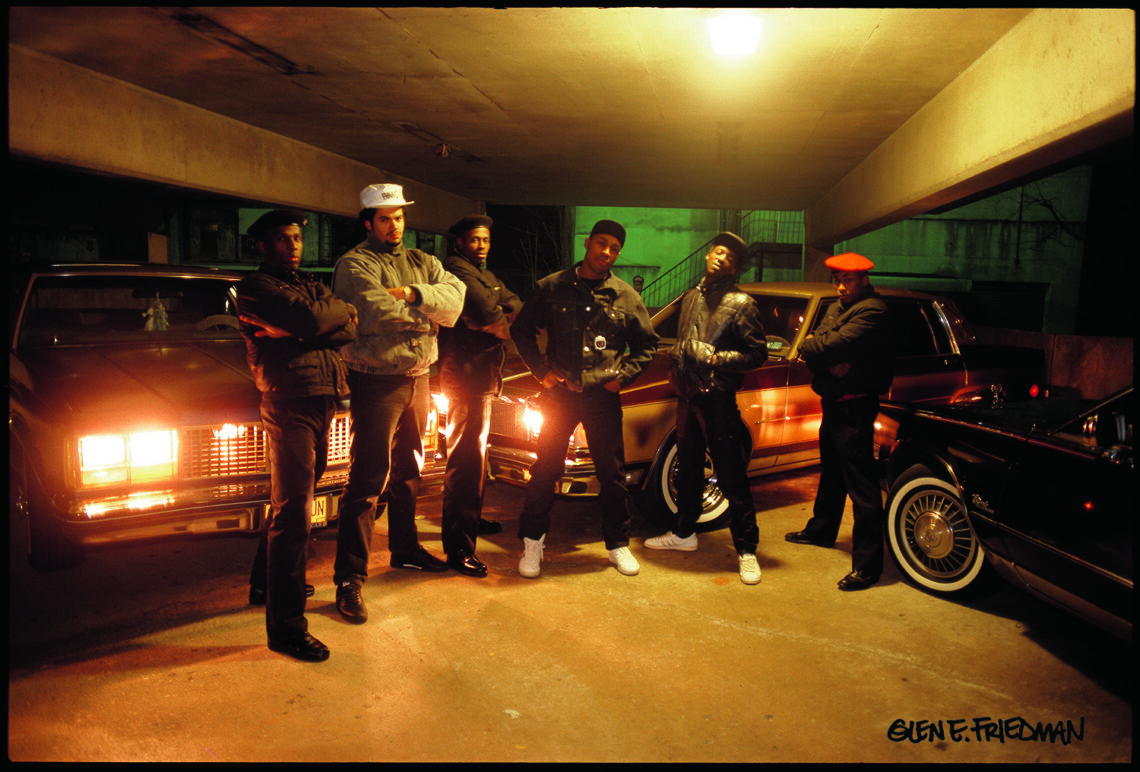
Are there any photos you can think of that you really wish you got but you didn’t? Either they just didn’t turn out or maybe you didn’t have a camera or you weren’t able to take that shot?
Lots of times. So many. I couldn’t even begin to tell you brother. I never walked around with a camera all the time. I would take the camera to shows or to sessions when I wanted to shoot, but I wasn’t shooting every session. I only bring my camera when I want to shoot. Sometimes people invite me to a show and they’re disappointed cause I didn’t bring my camera. Well, what the fuck? I thought you invited me, not my camera. I remember being at a show when I was in high school at a club in New York City when the Rockats were playing. Rockabilly was a thing at the moment, and they were playing at a nightclub here in New York. Iggy Pop’s up on stage, then Phil Lynott from Thin Lizzy gets on stage, and Johnny Thunders from the Heartbreakers, and the New York Dolls get on stage. They’re all on stage together and I’m the only person there with a camera and I’m fucking just shooting photos. Iggy Pop pulls down his pants and takes out his dick. David Bowie is in the audience and I’m shooting as quickly as I can. I get through the roll of film and it never caught up on the spool properly. I shot like 37, 38? Like, oh shit, what the fuck? And then I checked the other side and it never went through the camera properly. So those are some shots I missed, and I learned a valuable lesson. Whenever I load my camera to this day I look at the spool on the left hand side and make sure that it’s turning around.
Do you have any last words or advice for anybody trying to get into making photos?
Don’t do it if you’re not really into it. If you don’t love what you’re shooting, stop wasting everyone’s time. Don’t become a photographer because you want to be a photographer. Become a photographer because it’s essential to your life. Just like when you create music, it’s something you have to do that you can’t live without doing. That’s essential. That’s it. It’s something that you feel a responsibility towards doing, otherwise please don’t bother me. Don’t waste everyone else’s time. Don’t do it just to make a living. Do whatever you do because you love doing it and it’s vital to you. And then sometimes your art will become vital to other people. Your work will become important to other people. If you’re doing it for any other reasons, just to get paid, or become famous, just give up now please, so you don’t pollute the atmosphere with your crap.
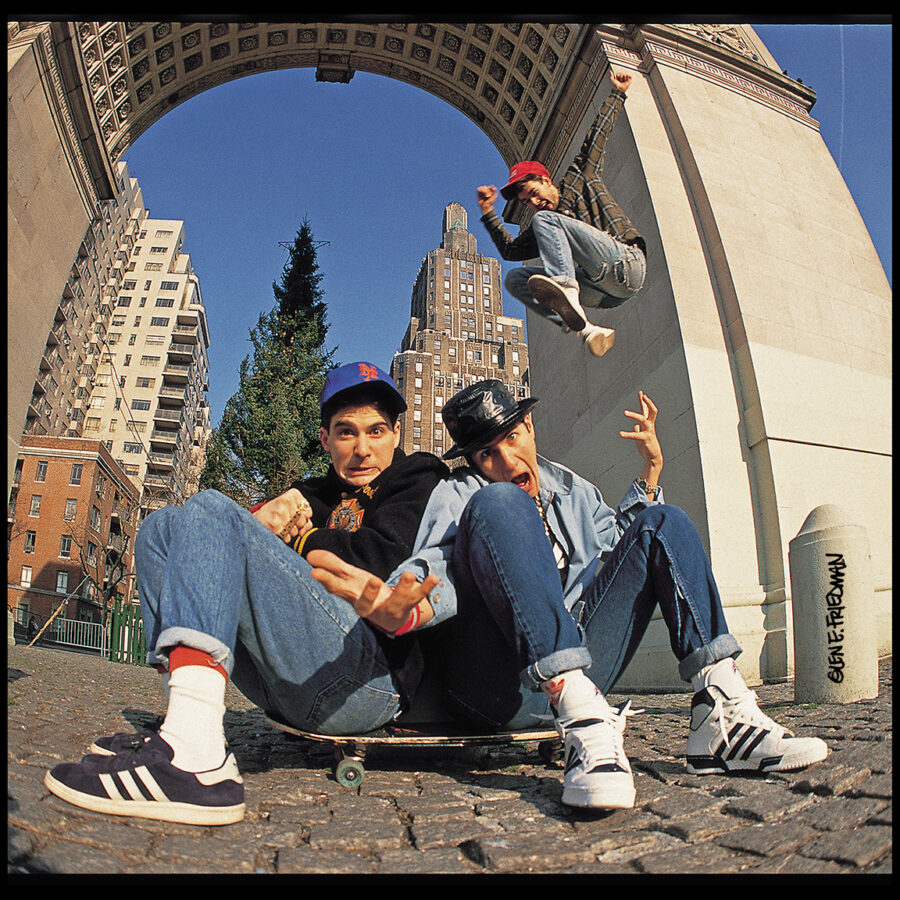
Check out more of Glen E. Friedman’s work, at www.BurningFlags.com

